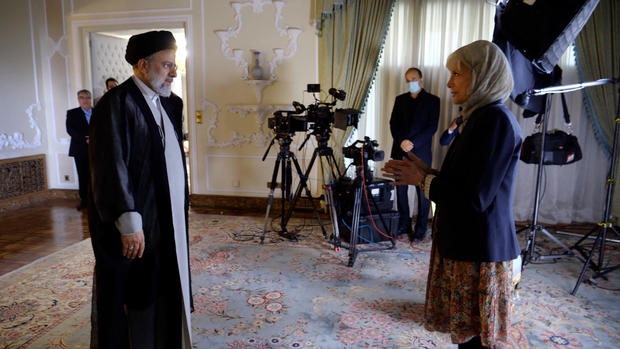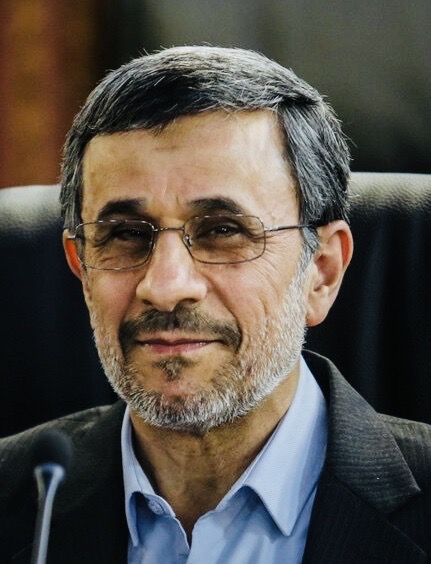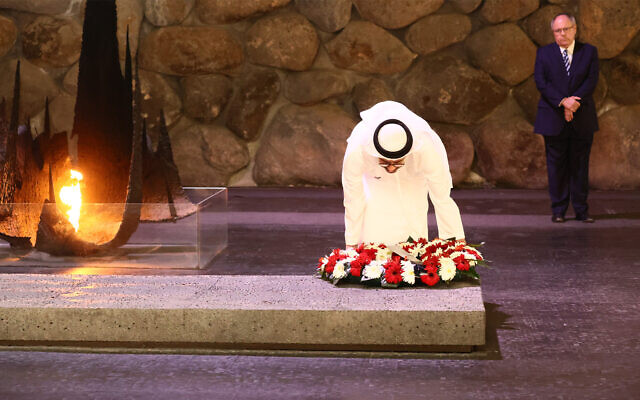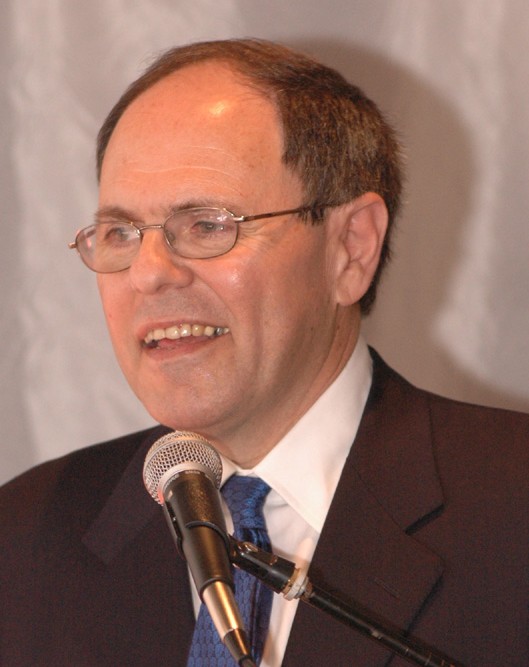The miserable governing regime in Iran is consistently on the wrong side of current geopolitical and moral issues. In a demonstrative display of its venality, Iranian President Ebrahim Raisi sounded off on three related issues — the Holocaust, Israel and the Abraham Accords — this past week and emerged as an unrepentant extremist.
During the course of a one-hour interview with Lesley Stahl of 60 Minutes, his first with Western media, Raisi made it abundantly clear that his views on the aforementioned topics completely coincide with the twisted values and notions of revolutionary Iran.

When Stahl asked him pointblank whether he believes the Holocaust was a real event, he hedged, saying that “historical events” should be studied by researchers and historians. “There are some signs that it happened,” he allowed. “If so, they should allow it to be investigated and researched.”
Startled by his nebulous reply, Stahl said, “So you’re not sure, I’m getting that you’re not sure.”
Raisi could have elaborated, but instead he remained conspicuously silent, conveying the unmistakable impression that the Holocaust could well be a myth or a hoax.
Raisi’s refusal to acknowledge the searing reality of the Holocaust is hardly surprising. Several of his predecessors, particularly Mahmoud Ahmadinejad, flirted with Holocaust denial and sponsored a cartoon contest promoting that theme.

Iran’s execrable, politically-charged attitude toward the Holocaust is deeply antisemitic and flies in the face of historical facts and testimonies from survivors, perpetrators and bystanders.
To a considerable degree, Iranian leaders are loathe to recognize the Holocaust because they narrowly regard it as a propaganda tool in Israel’s arsenal to justify its existence, which Iran categorically rejects.
So when Stahl bluntly asked Raisi whether he supports Israel’s right to exist, he gave her the usual Iranian boilerplate justification for seeking its destruction.
“You see, the people of Palestine are the reality,” he said. “This is the right of the people of Palestine who were forced to leave their houses and motherland. The Americans are supporting this false regime there to take root and to be established there.”
That he referred to Israel, a vibrant state with profound roots in the region, as “this false regime” is perfectly in accord with Iran’s reactionary policy. While six Arab countries ranging from Jordan to Morocco have normalized relations with Israel, Iran remains one of the last holdouts. Indeed, Iran may be the sole member state of the United Nations that calls for Israel’s dismemberment.
When Stahl asked Raisi his opinion of the 2020 Abraham Accords, during which the United Arab Emirates, Bahrain, Morocco and Sudan agreed to establish relations with Israel, he was downright indignant.
“If a state shakes hands with the Zionist regime, then they are also an accomplice to their crimes,” he said. “And they are stabbing the very idea of Palestine in the back.”
Raisi cannot bear the thought that two of Iran’s closest neighbors, the United Arab Emirates and Bahrain, are in the process of establishing a sound and mutually profitable relationship with Israel. It is a stunning rebuke to Iran and everything it represents politically.
Less than a week before Raisi was interviewed by 60 Minutes, the foreign minister of the United Arab Emirates, Sheikh Abdullah bin Zayed Al-Nahyan, visited Israel to mark the second anniversary of the Abraham Accords.

During his trip, he paid a visit to the Yad Vashem Holocaust memorial, research and educational center in Jerusalem. After the tour, he laid a wreath at Yad Vashem’s Hall of Remembrance, where foreign dignitaries usually pause.
In the guestbook, he wrote, “I am here today to remind ourselves of the lessons that history teaches us and the great responsibility upon us to act with tolerance for building our community and society. We must take the brave step of building a bridge of true peace for the coming generations.”

As Yad Vashem’s chairman, Dani Dayan, correctly noted, “Visiting Yad Vashem sends the message that, regardless of background, religion or race, we all have the duty to learn about the Holocaust and combat antisemitism.”
The United Arab Emirates’ foreign minister has certainly learned this important lesson. But judging by Raisi’s ill-conceived and malicious comments, Iran has not even begun to fathom it.
